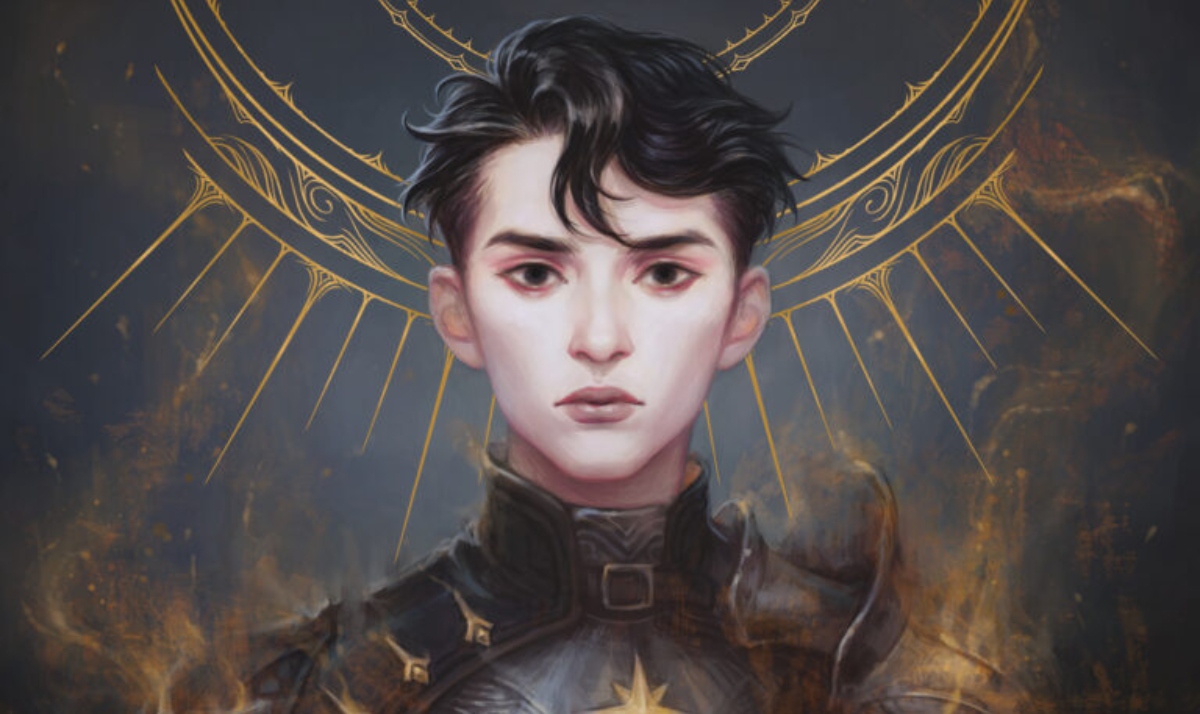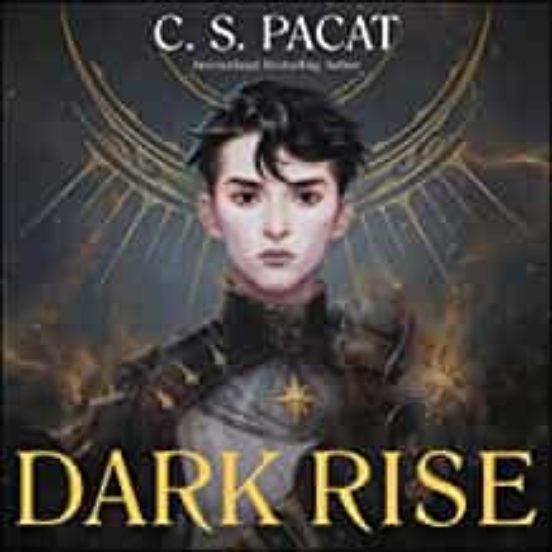


In 2019 alone, we had Ann Leckie’s The Raven Tower, with a trans protagonist whose trans-ness is interrogated as important but not other Tamsyn Muir’s Gideon the Ninth, starring the best cast of lesbians the world has ever seen Arkady Martine’s A Memory Called Empire, which makes space in its epic sci-fi plot for a romance between two women and Jennifer Giesbrecht’s The Monster of Elendhaven, in which the central gay couple break every norm – except their universe’s rules on sexuality, because there aren’t any.Īnd more will come this year: 2020 promises AK Larkwood’s The Unspoken Name, with a sweetly deadpan queer orc heroine Csorwe, and the second novel in Muir’s trilogy, Harrow the Ninth, which somehow manages to get even gayer.

However, many writers are solving one of the largest blocks for queer romance by simply doing away with homophobia in their fictional universes. Now, though, a new spate of science-fiction and fantasy novels are quietly and gracefully opting instead to imagine worlds where homophobia does not exist.įantasy’s default mode still tends to be a faux-medieval past matched with archaic sexual and social codes, while sci-fi authors often imagine brave new worlds where a man will happily have sex with an alien, but not another man. There are moments of joy in all of these books, but undeniably queerness is paired with homophobia. Many critically acclaimed novels about LGBTQ life have explored and challenged homophobia: James Baldwin’s Giovanni’s Room, Alice Walker’s The Color Purple, and Alan Hollinghurst’s The Swimming-Pool Library are all classics, with more recent examples including 2019’s On Earth We’re Briefly Gorgeous by Ocean Vuong and I Wish You All the Best by Mason Deaver. W e hunger for happiness in queer stories.


 0 kommentar(er)
0 kommentar(er)
